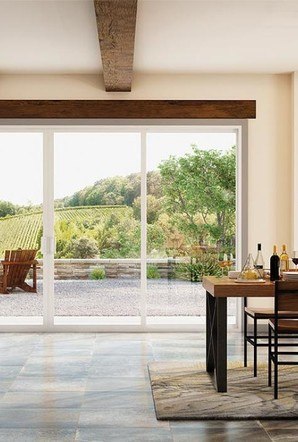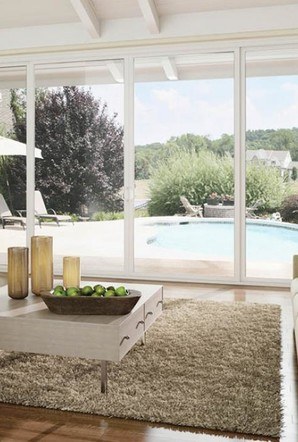Many Americans are entering a golden age of working from home. Partly due to the superior technology that enables remote work, and partly due to the conditions brought about by COVID-19, this new trend has been a boon to workers and management alike. Employees have more freedom than ever, while employers can use the work-from-home option as yet another carrot to attract potential new employees.
Naturally, if you’re going to work from home, you should consider some fundamental aspects Ěýthat will help to ensure productivity and good health. There’s a lot to consider, which is why we’re going to use this post to help guide you. Working from home can certainly present its share of challenges – not unlike working at the office. But if you pay attention to the details that allow you to flourish, you’ll be doing optimal work in no time.
Ěý
Ěý
All quiet on the home front
When considering your new work space, you want to be as far away from distractions as possible. That means no TVs, no radios, and no digital devices (unless, of course, you need the later for work). It’s important that you think of your home office as an office. You’re not working from home per se; your office just happens to be at your home.
Once you remove yourself from the distractions listed above, you’ll be well on your way to a quiet work space. However, there’s still the risk of outside noise. Assuming that you’ll be situated near a window – for reasons that we’ll get to later – you want to be sure that said window or windows have sound-deadening capabilities.Ěý.

f you’re searching for a window that can keep those noises to a minimum, then look for its Sound Transmission Class (STC) rating. All windows are assigned an STC number when they’re manufactured; the higher a window’s STC number, the better it is at blocking sound. Your standard double-glazed window will have an STC between 28-32. However, it’s possible to find windows that boast STC ratings in the high 40s.
Ěý
Ěý
Lights, lights, and more lights
It doesn’t matter if you’re sitting in a traditional home office, at a desk in your bedroom, in a basement space, or in an accessory dwelling unit (ADU) in your backyard. Wherever you are, you want natural light. Lots of it.Ěý

Why is sunlight so important? Well, for one thing, it’s just pleasant to occasionally look out and see your yard or neighborhood bathed in natural light. But that’s not the half of it. More and more research has found that sunlight delivers plenty of work-related benefits.
For starters, exposure to natural light has been found to increase the mood and productivity of office workers. In fact, according to author Jon Richardson, a study of thousands of companies by the consulting firm Leesman Index found that nearly three-fourths of office workers exposed to natural light “experienced higher levels of productivity and engagement with their work.” Moreover, numerous studies have shown that working in a space that receives sunlight reduces headaches, eye strain, and fatigue.
Windows and sliding glass doors are a great way to bring light into your workspace.Ěý
Ěý
Ěý
One foot – and a few more – out the door
There’s one more issue to consider when deciding on a home office, and this scenario requires that you still leave the house when going to work. But don’t worry, it’s a very brief commute.
Yes, more and more people are choosing to put ADUs on their property. It’s actually been a common practice among writers for some time now. Mark Twain worked out of a gazebo on his Elmira, New York, property. And “Charlotte’s Web” author E.B. White did most of his writing in a small boathouse on his Maine farm.

Now, these supplemental work spaces are popping up all over America. But you should really only consider getting an ADU for your office if you’re truly committed to working from home. Because, although you can easily find an ADU that won’t break the bank, they’re still an investment.
Once you are set on working “away” from home while staying on your property, there are all kinds of options to consider. If you’re fortunate enough to have a gazebo or boathouse on your property like Twain and White, good for you! But most of us will probably have to settle for a shed, shipping container, or small RV that can be converted into an office. But, as we described earlier, be sure to find a way to incorporate natural light sources if you proceed with an ADU.
Ěý
The work-from-home revolution
Sure, there’s a lot to keep in mind when planning or designing your home office. But don’t think of it as a chore. Think of it as acquiring the necessary tools you’ll need to meet your maximum productivity, because that’s what you’re looking for at the end of the day. And once that’s accomplished, you’ll be satisfied with your performance from your home office, and your boss or clients will be too.































